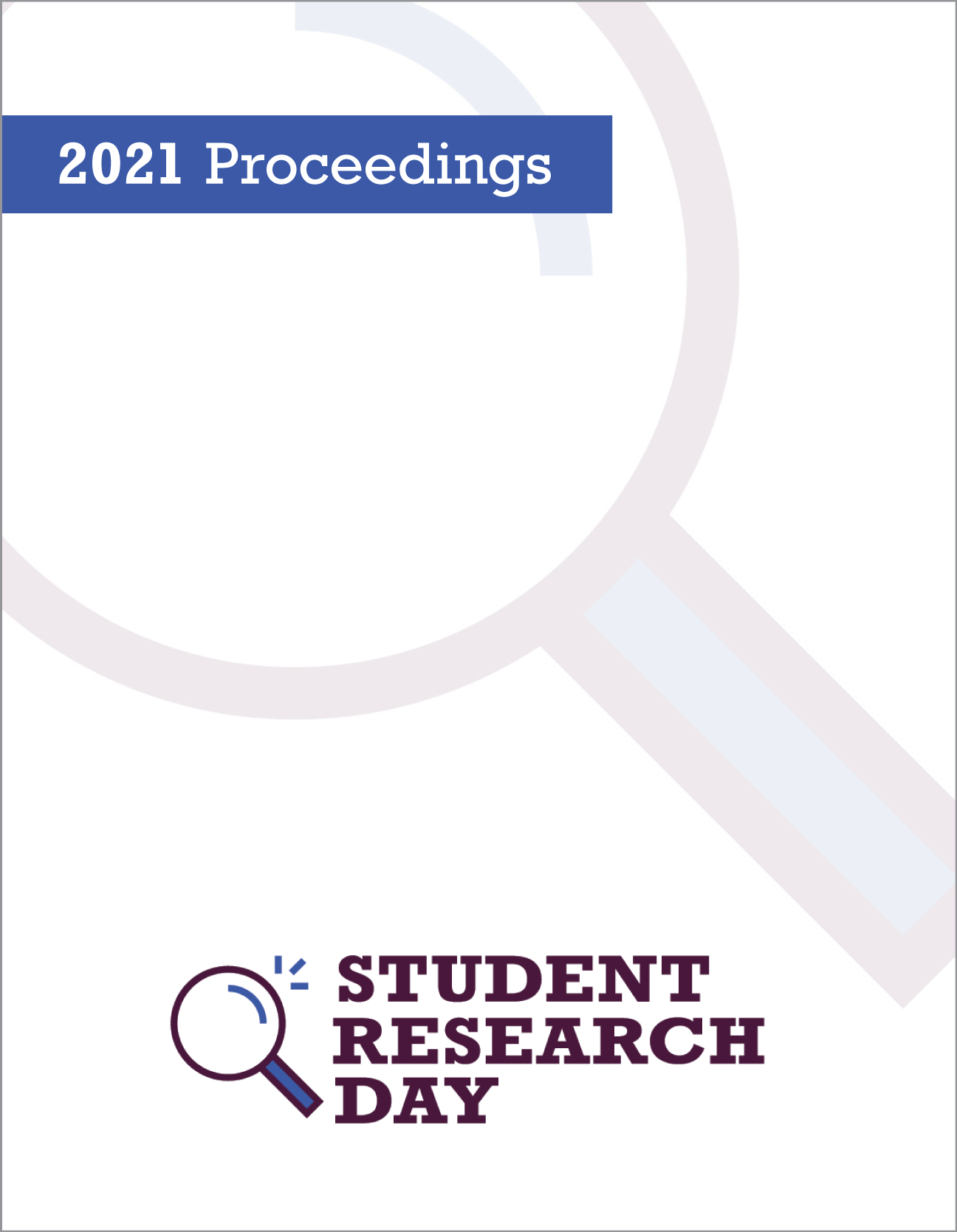Longitudinal Examination of Causal and Maintaining Dysfunctional Beliefs in Generalized Anxiety Disorder
Abstract
Generalized anxiety disorder (GAD) is characterized by excessive and chronic worry. Various psychological models have implicated dysfunctional beliefs as causal and maintaining factors in GAD. The two models that have received the most empirical support include the Intolerance of Uncertainty Model and the Metacognitive Model. Existing research has shown intolerance of uncertainty (IU) and negative beliefs about worry (NBW) to be important factors in GAD. However, the existing research is primarily cross-sectional, which does not allow researchers to determine whether IU or NBW cause and maintain GAD. This study sought to longitudinally examine whether changes in IU and NBW predict changes in worry severity and GAD symptoms. It is hypothesized that NBW will be the stronger predictor of GAD development and maintenance compared to IU. Undergraduate psychology students, scoring high on a pre-screen measure of pathological worry, are currently being invited for inclusion in the study. Online self-report measures will be administered to eligible participants (N = 650) to assess levels of worry, GAD symptoms, positive and negative affect, IU, NBW, negative problem orientation, cognitive avoidance, and fear of emotions. Participants will be invited to return after 4-months to complete the same series of online questionnaires. To date, a sample of 530 participants have completed the initial assessment and 291 participants have completed the 4-month follow-up assessment. Findings from this study will help clarify whether IU or NBW more strongly influence GAD. Additionally, findings could have implications for the treatment of GAD.
Department: Psychology
Faculty Mentor: Dr. Alexander Penney
References
Downloads
Published
Issue
Section
License
Authors retain any and all existing copyright to works contributed to these proceedings.



